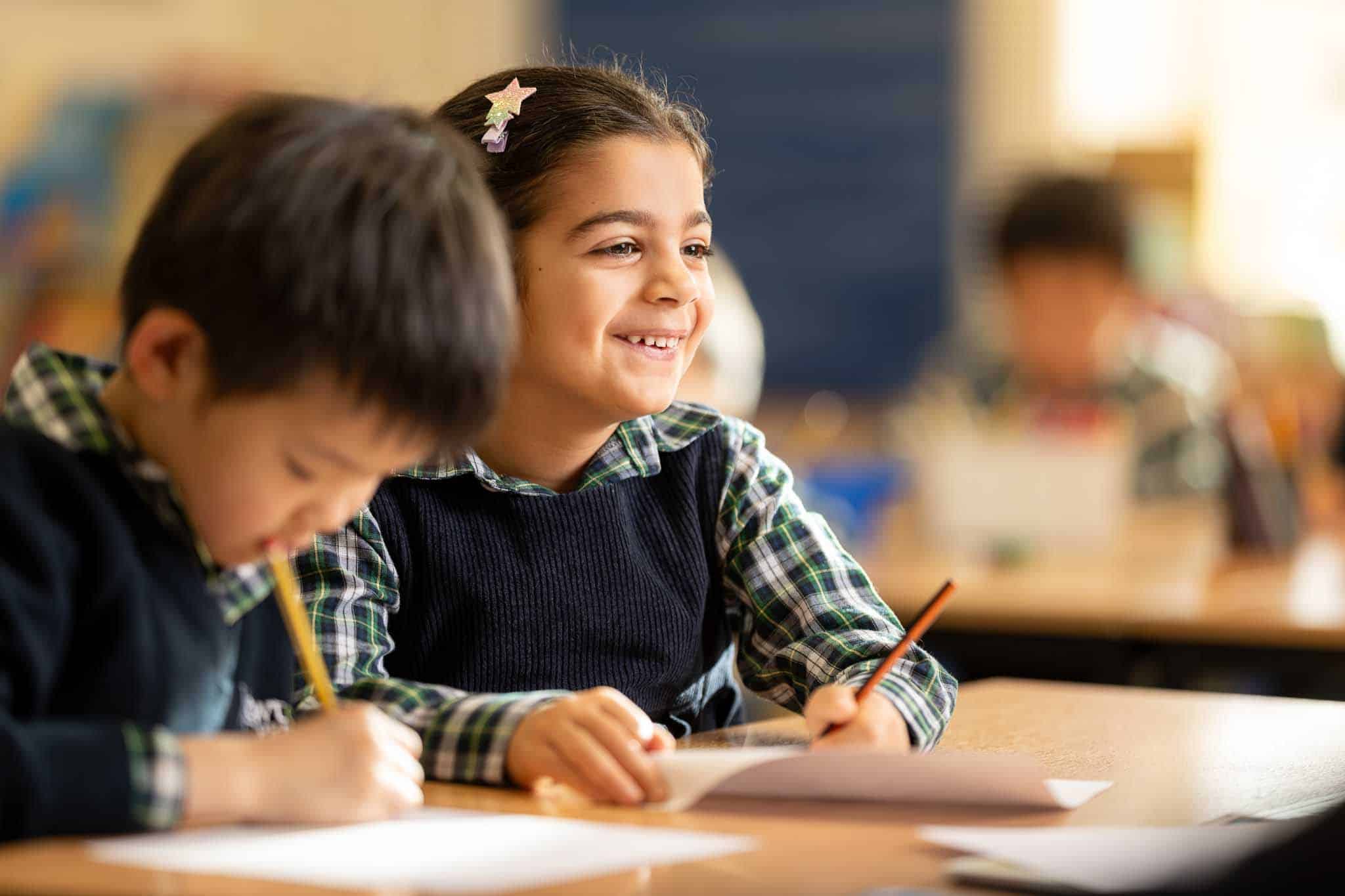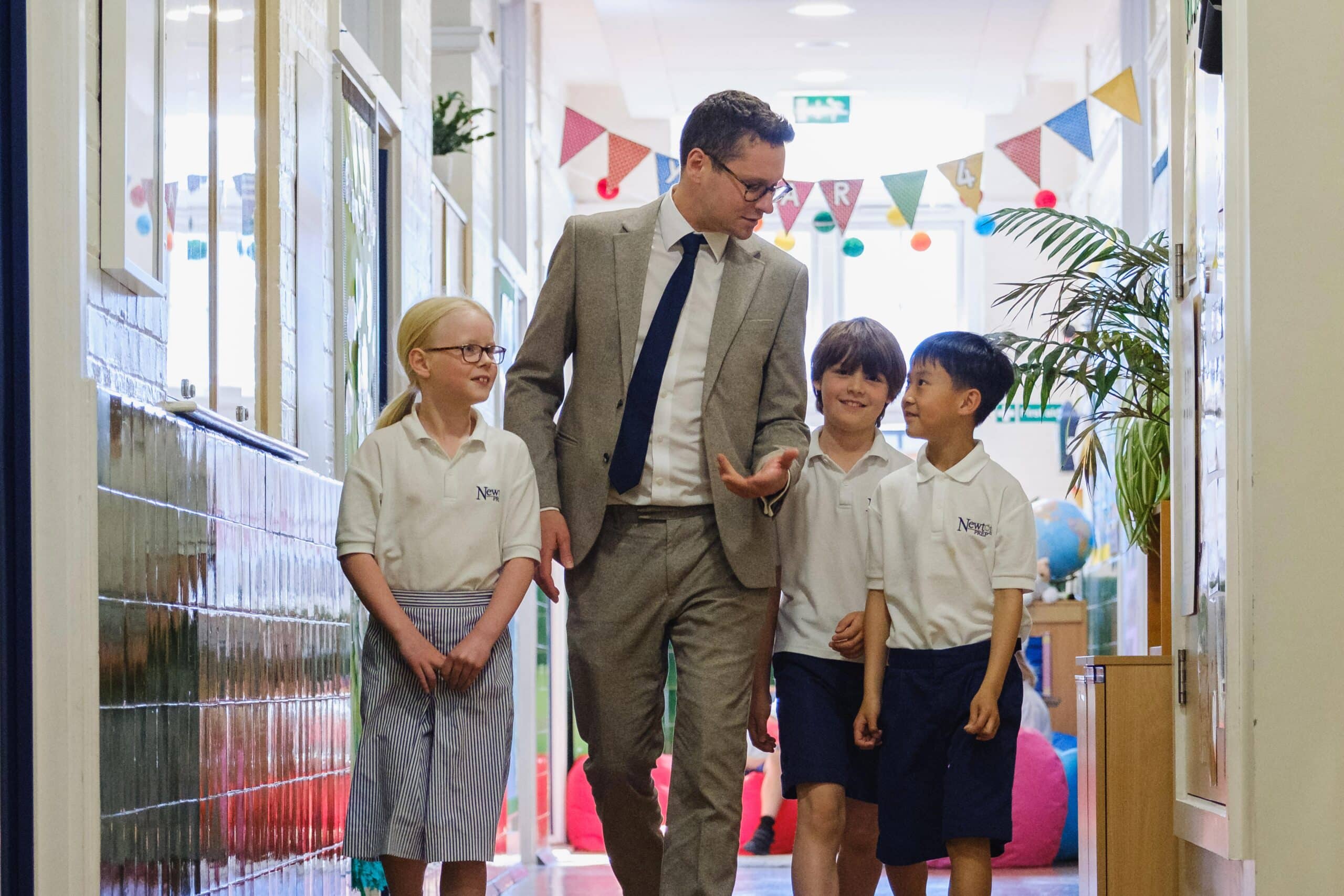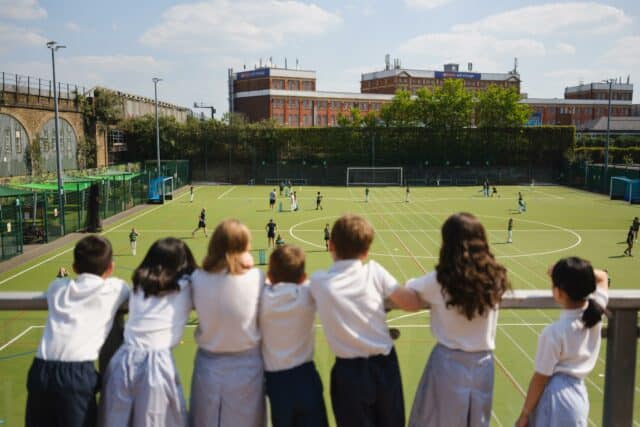The highest-quality pastoral care is at the heart of everything we do. We offer a happy, safe and caring environment in which children flourish and develop initiative, kindness, independence, creativity and enquiry.
Form Teachers, Heads of Year and all academic staff work together (at morning briefings, weekly staff meetings and individually) to support the children so that they are able to deal successfully with all matters affecting their academic lives and engage fully with the world in which they are growing up.

Dr Farouk WaljiChildren are encouraged to recognise both the importance and the impact on others of their own unique strengths and talents.
Chairman & Founder
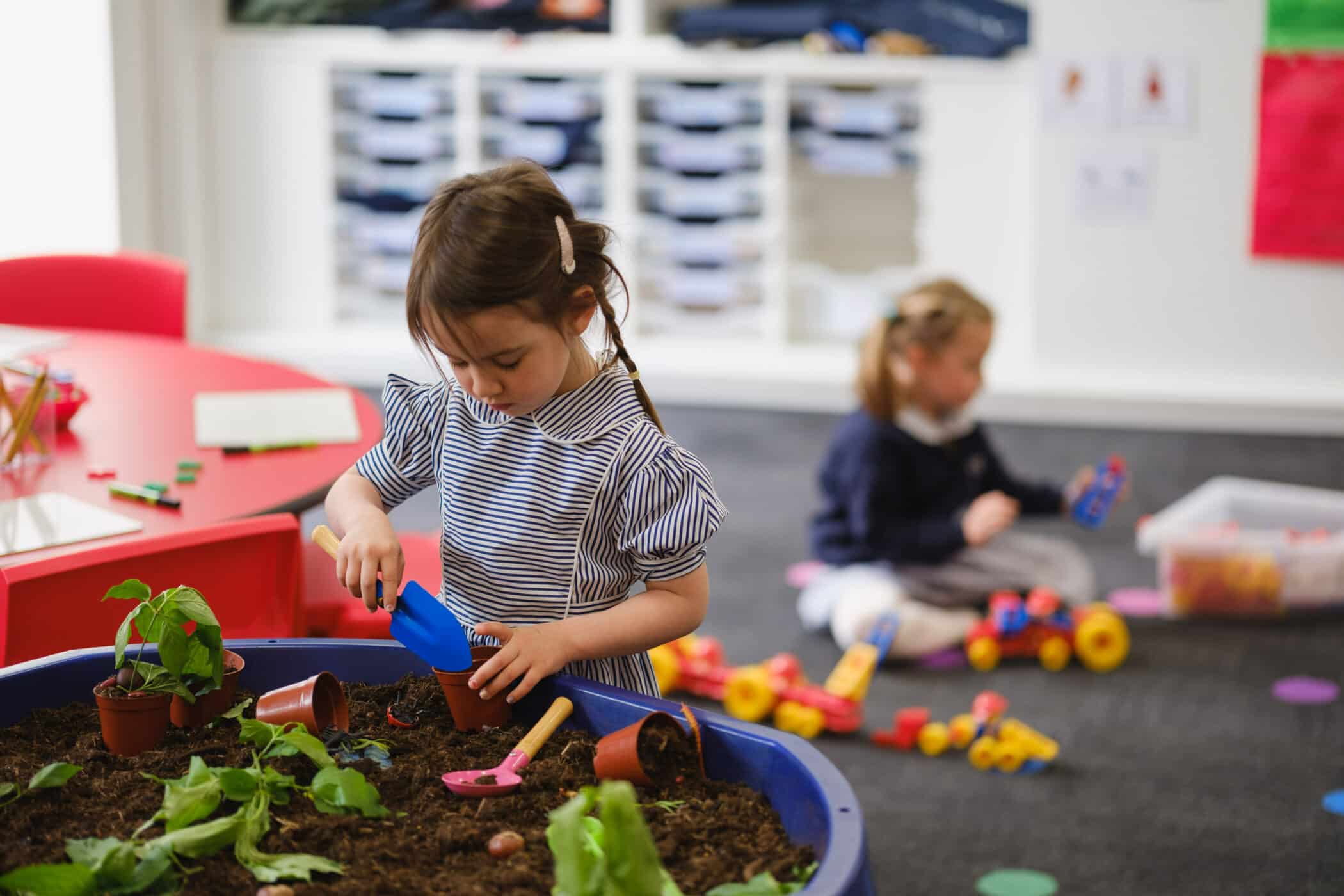
Personal Development
One of our key aims is to provide an educational experience that equips the children for life in the future. Health, pastoral care and resilience are all enhanced by stepping outside the classroom and learning about the wider world. We run an extensive programme of trips and visits, carefully planned PSHE lessons and the children are encouraged to think about others who might be in need. Our aim is that our pupils are equipped to make a contribution to both the life of the School and to their own growth and development. Reflection is an essential part of learning and opportunities for reflection are woven into the timetable. Our focus on well-being ensures children feel secure and supported. We have a full-time Mental Health Lead, who offers support for pupils’ emotional and social needs, including individual counselling, social communication group work and supporting teachers in lessons.
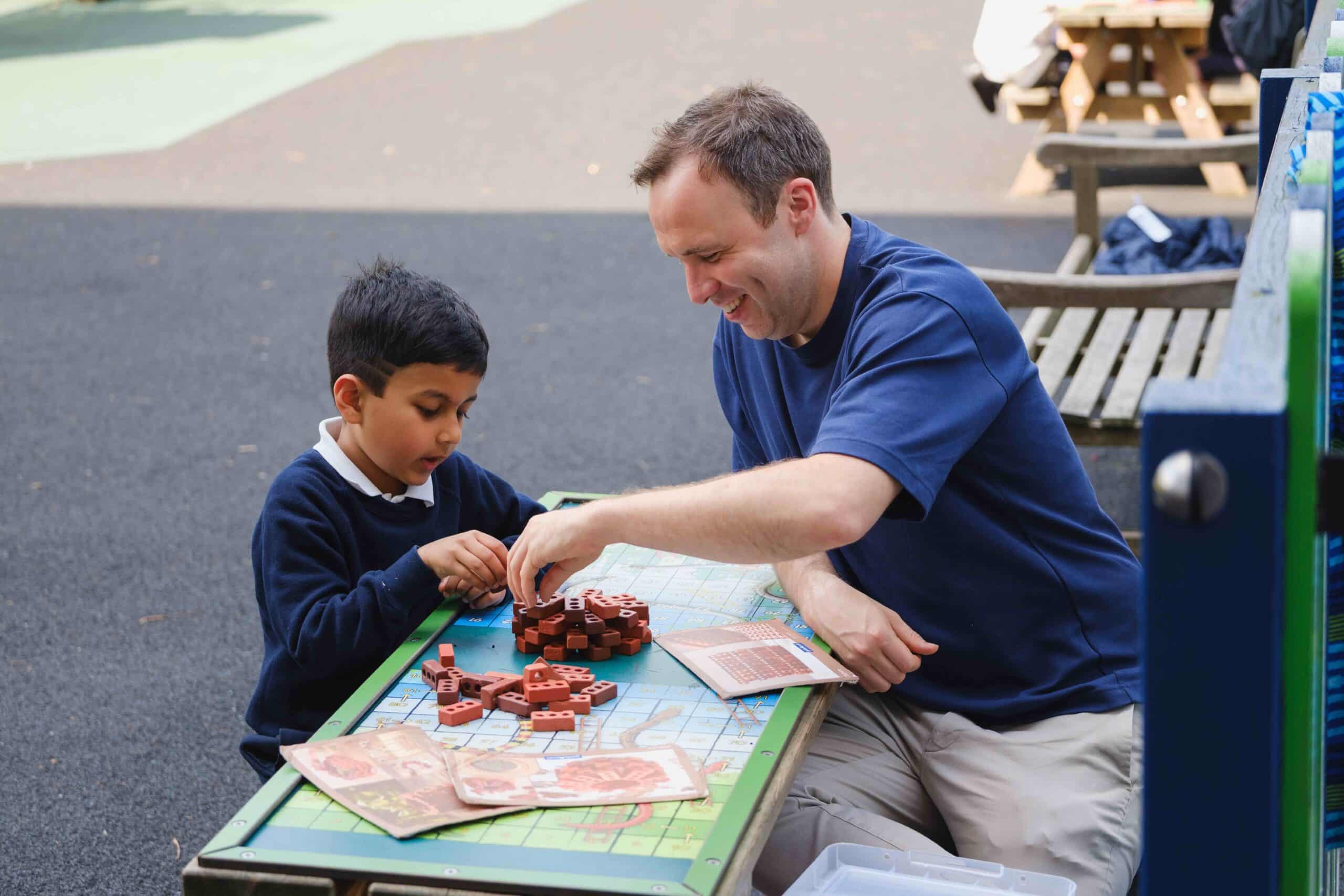
Promoting Good Behaviour
Excellent relationships within our School are integral to a happy and successful learning community. The messages embodied in our Golden Rules (Lower School) and Core Values (Upper School) are central to developing and maintaining positive learning attitudes and behaviour in all our pupils. Staff encourage a positive work ethic and mutual respect for all through verbal and written praise, opportunities to celebrate personal and collective achievements through assemblies and weekly newsletters. When things go awry, we ensure that children understand why they have got things wrong. They understand the range of sanctions that might be used e.g. lunchtime detentions; writing a letter of apology.

Tooled Up Education
We are delighted to have partnered with Tooled Up Education; an inspiring online digital library of evidence-based resources, for parents and teachers, providing holistic support on all aspects of parenting, education and family life. Tooled Up Education is curated by one of the UK’s leading experts on parental engagement in children’s lives and learning, Dr Kathy Weston.
